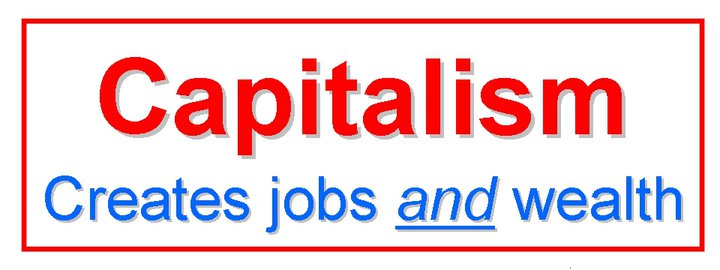
The Progressive Socialist Party
June 17, 2010
The term “progressive” is today often used in place
of “liberal“. Although the two are related in some ways, they are separate
and distinct political ideologies.
According to John Halpin, senior advisor on the staff
of the Center for American Progress, “Progressivism is an orientation towards
politics, It’s not a long-standing ideology like liberalism, but an historically-grounded
concept… that accepts the world as dynamic.”
Progressives see progressivism as an attitude towards
the world of politics that is broader than conservatism vs. liberalism,
and as an attempt to break free from what they consider to be a false and
divisive dichotomy.
American progressives tend to support interventionist economics: they advocate income redistribution, and they oppose the growing influence of corporations.
Conversely, European and Australian progressives tend to be more pro-business, and will often have policies that are soft on taxation of large corporations.
Progressives are in agreement on an international scale with left-liberalism in that they support organized labor and trade unions, they usually wish to introduce a living wage, and they often support the creation of a universal health care system. Yet progressives tend to be more concerned with environmentalism than mainstream liberals, and are often more skeptical of the government, positioning themselves as whistleblowers and advocates of governmental reform. Finally, liberals are more likely to support the Democratic Party in America and the Labour party in Europe and Australia, while progressives tend to feel disillusioned with any two-party system, and vote more often for third-party candidates.
By definition, Progressivism aims to achieve gradual social change, and most progressives are outright opposed to any form of radical revolution. When the progressive movement split on economic principles, some progressives moved towards the socialist camp, advocating a planned economy. Other progressives moved towards the regulated mixed economy camp, with both public and private ownership of companies.
Between these two extremes is social democracy (not a term in popular U.S. usage), a branch of socialism that became increasingly moderate and moved towards the political center. Regulated-capitalism progressives and socialist progressives still tend to support similar progressive social policies, outside of economic principles.
It is apparent to me that the Democratic Party is now the Progressive Socialist Party. Income redistribution, universal health care, nationalization of the economy through our banks, centralized government, and a drive to destroy the free market capitalist system upon which our nation was built.
Obama said it best, and I quote him: “When you spread the wealth around, it’s good for everybody.”
I do not accept his point of view and never will.
